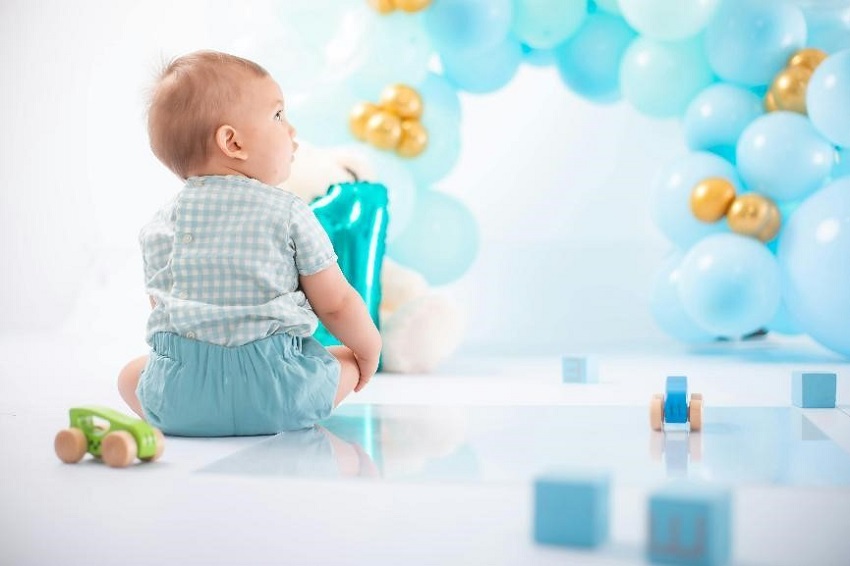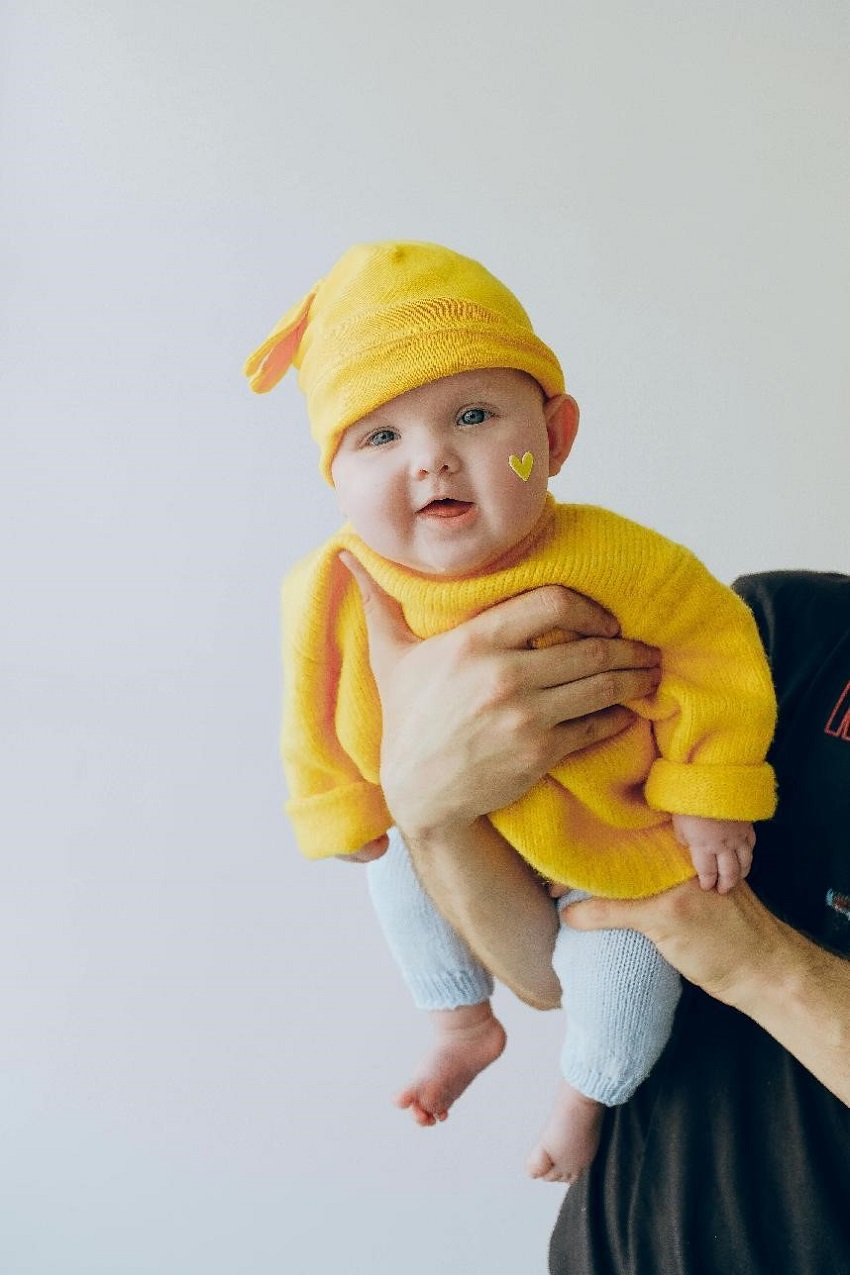您好!很高兴为您提供一对一的专属咨询。
请问有什么可以帮您?
冻卵的流程和价位是什么?


When a new life arrives through in vitro fertilization (IVF), a warm and curious question often lingers in the hearts of prospective parents: will the baby look more like the father or the mother? To answer this, we first need to understand that a child's personality, appearance, intelligence, and other traits are primarily shaped by the genes from both parents, as well as the environment in which they grow up. IVF babies are no exception to this rule. For families considering IVF in Mexico, understanding the principles of genetic inheritance is equally important.
During the fertilization process in IVF, regardless of the specific generation of IVF technology used or whether human intervention is involved in fertilization, the fundamental step remains the union of a sperm and an egg. Each sperm and egg carries half of the chromosomes from the father and mother, respectively, and at the moment they combine to form a zygote, the child's genetic blueprint is already established. Therefore, whether fertilization occurs naturally within the mother's fallopian tube or in a laboratory dish, the child's genetic information undoubtedly originates from both parents. Even in cases of IVF using donor sperm, the child's genes are determined by the mother and the sperm donor.
As for whether a child's specific traits will resemble one parent more than the other, there is no definitive answer, as the combination of genes is inherently a random process. A child's growth and development are influenced not only by their inherited genes but also significantly by environmental factors, including family education, life experiences, and the social environment. For instance, if the mother spends more time educating and nurturing the child during their formative years, the child's personality and behavior may exhibit more similarities to the mother.

Of course, prospective parents may sometimes hope that their child will resemble themselves or their partner in certain aspects. Providing the child with more related companionship and guidance can, to some extent, have an influence. Just like naturally conceived children, IVF babies will inevitably inherit genes from both parents, possessing some similarities to the mother and some to the father. However, the exact degree of resemblance ultimately depends on the complex interplay of genetic and environmental factors.
It is particularly worth noting that choosing American IVF technology, especially third-generation IVF (IVF-PGT), which involves genetic and chromosomal screening of embryos, can effectively avoid potential genetic defects from either parent, thereby increasing the chances of having a healthy baby. Compared to a child's personality, appearance, and temperament, having a healthy baby is undoubtedly of paramount importance. Dr. Nathan Zhang, a reproductive specialist at IVF USA, advises that older prospective parents may want to prioritize third-generation IVF to rule out the risk of chromosomal or genetic abnormalities, ensuring the birth of a healthy baby, which is the ultimate happiness every family seeks.